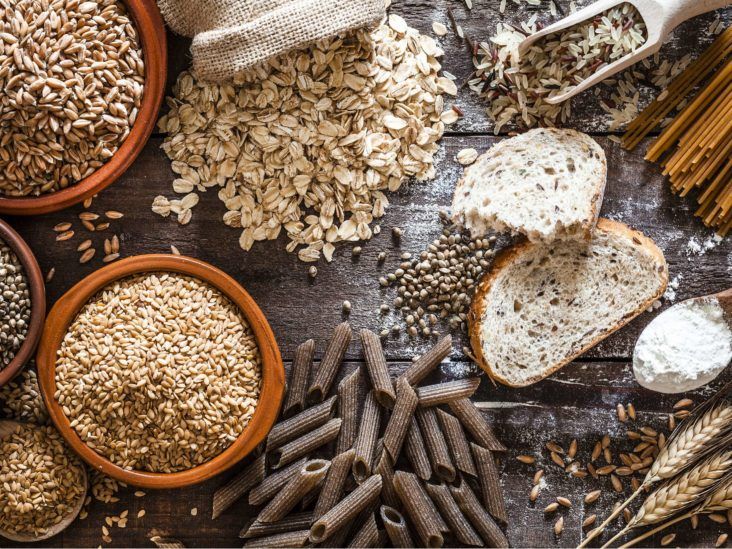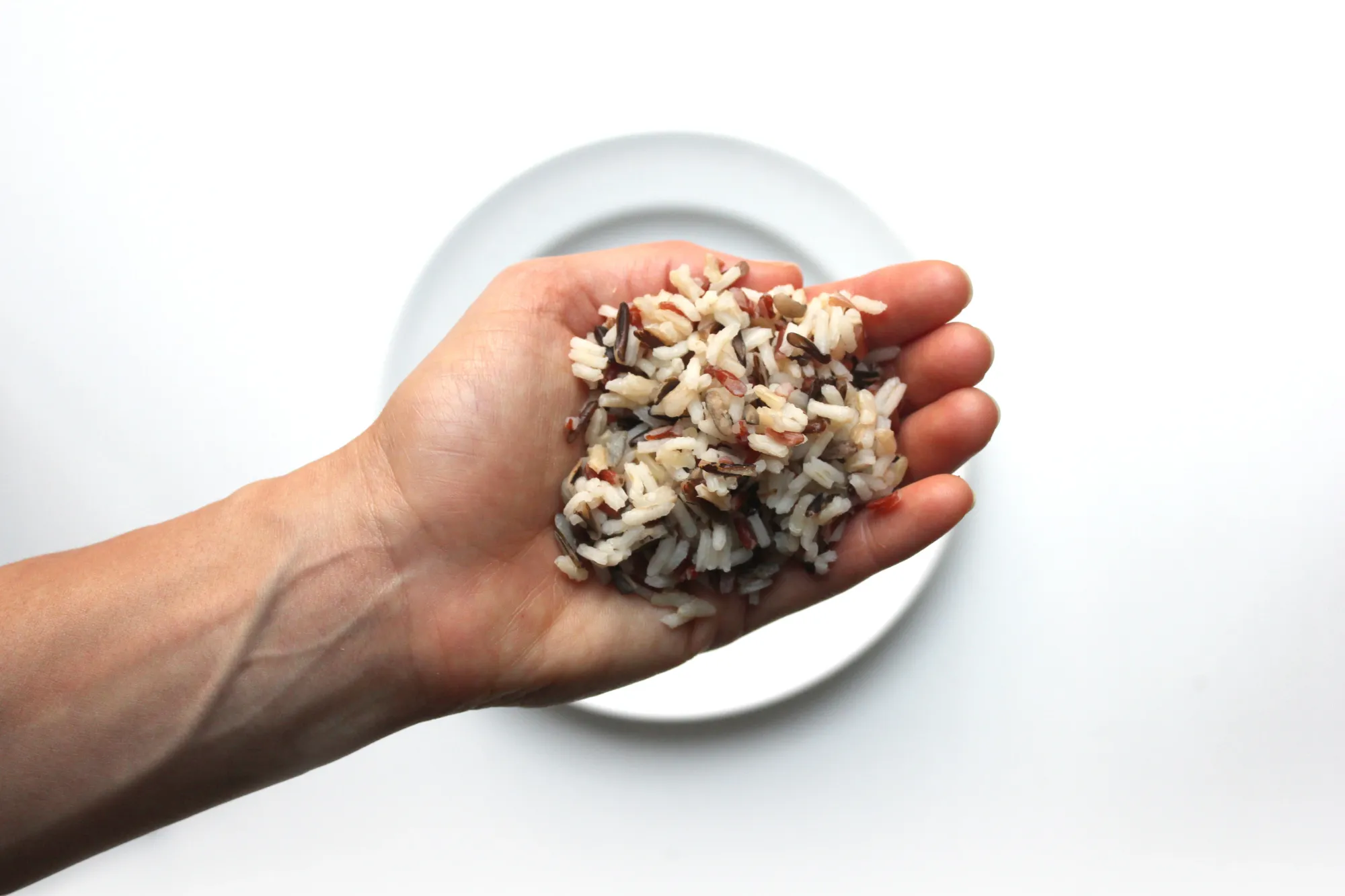Should I Avoid Carbs? A Dietitian's Take.

Should I Avoid Carbs? A Deep Dive into the Science of Carbohydrates The age-old debate in the world of nutrition: "Should I avoid carbs?"
It's a question that has been on the lips of many, from fitness enthusiasts to those just trying to shed a few kilos. The answer, however, isn't as black and white as it might seem. Let's delve into the science and nuances of carbohydrates to give you a comprehensive understanding.
The moment someone mentions weight loss, the immediate response is often, "Cut back on carbs." I've heard this sentiment echoed countless times. But is it really the golden rule?
Understanding Carbohydrates: The Body's Primary Energy Source
What are Carbohydrates?
Carbohydrates, often simply called carbs, are one of the three primary macronutrients, alongside proteins and fats. They are organic compounds made up of carbon, hydrogen, and oxygen, and they primarily serve as a source of energy for our bodies.
Carbs in the Body:
When you consume carbohydrates, your body breaks them down into simpler sugars, primarily glucose. This glucose enters your bloodstream and is then taken up by cells with the help of insulin. Once inside the cells, glucose is either used immediately for energy or stored for later use.
- Immediate Energy: Cells, especially those in the brain and muscles, use glucose as their primary source of energy.
- Stored Energy: Excess glucose can be stored in the liver and muscles as glycogen. When the body needs energy and isn't getting enough glucose, it can convert this glycogen back into glucose.
Why We Need Carbs:
- Brain Function: The brain relies heavily on glucose as its primary source of fuel. Adequate carb intake supports cognitive functions and mood.
- Physical Activity: For those who engage in regular or intense physical activity, carbs provide the energy needed for endurance and performance.
- Digestive Health: Many carbohydrate sources, especially whole grains and certain fruits, are rich in dietary fiber, which promotes healthy digestion and can aid in preventing constipation.
Whole Carbs vs. Processed Carbs:
Understanding the difference between these two is crucial for making informed dietary choices.

- Whole Carbs: These are unprocessed and contain the fiber found naturally in the food. Examples include fruits, vegetables, legumes, and whole grains. They are nutrient-dense, meaning they provide a lot of vitamins, minerals, and fiber relative to their calorie content.
- Processed Carbs: These have been refined and stripped of their natural fiber content. Examples include white bread, pastries, sodas, and other highly processed or refined foods. They often lack essential nutrients, leading them to be termed "empty calories." Consuming large amounts of processed carbs can lead to rapid spikes and drops in blood sugar, which can result in feelings of fatigue and hunger.
Quality Over Quantity:
The key isn't necessarily to eliminate carbs but to focus on the right kind of carbs. Here's what you need to know:
- Whole Grains: These are grains that contain all parts of the grain, including the nutritious bran and germ. They're packed with fiber, vitamins, and minerals. Examples include quinoa, brown rice, and oats. And guess what? They can be tolerated by most people.
- Fruits: Nature's candy! Fruits like apples, bananas, and berries are not just delicious but are also rich in essential vitamins, minerals, and fiber.
- Tubers: Potatoes and sweet potatoes are starchy vegetables that provide essential nutrients like vitamin C, vitamin B6, and potassium.
- Beans and Legumes: Think lentils, chickpeas, and black beans. They're protein-packed and full of fiber, making them a great carb source.
How Much is Just Right?

The word "moderate" is crucial here.
For the average man, this translates to about 1–2 cupped handfuls of these quality carbs per meal.
For women, it's about 1 cupped handful.
But remember, these are general guidelines. Factors like your size, activity level, goals, and even genetics play a role in determining the right amount for you.
The Bottom Line:
Carbs, especially from whole food sources, are not the enemy. In fact, they're far from it. They provide the energy we need to function optimally and can even aid in exercise performance and recovery.
It's true that cutting carbs can lead to rapid weight loss initially. But is it sustainable? For most, the answer is no.
In the long run, a balanced approach to nutrition, one that includes quality carbs, is more practical and effective.
Remember the old saying, "An apple a day keeps the doctor away"? Well, that apple is a carb, and I don't see doctors running from it!
Action Steps:
- Reflect: Think about your current carb intake. Are you consuming more refined carbs than whole ones?
- Plan: Incorporate more whole carbs into your diet. Start with one meal a day and gradually increase.
- Listen to Your Body: Pay attention to how different carbs make you feel. Adjust your intake based on your energy levels, digestion, and overall well-being.
Carbs are not the villain they're often made out to be.
Like everything in life, it's about balance. Embrace the right kind of carbs, and your body will thank you. After all, thriving is not just about cutting things out but understanding and making informed choices.